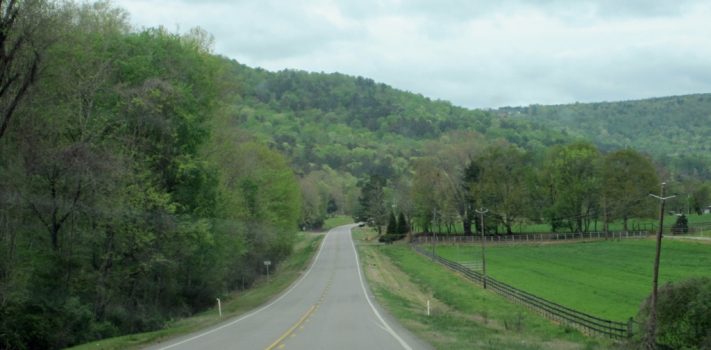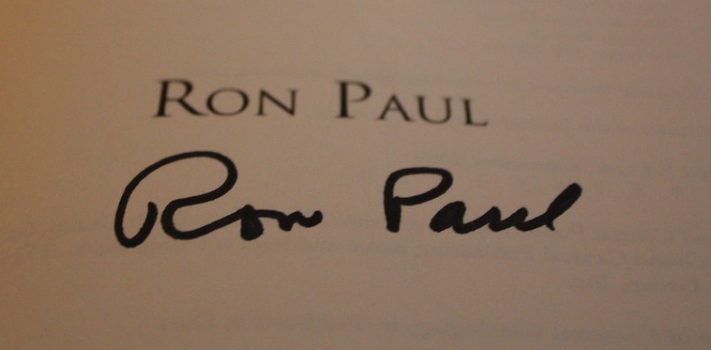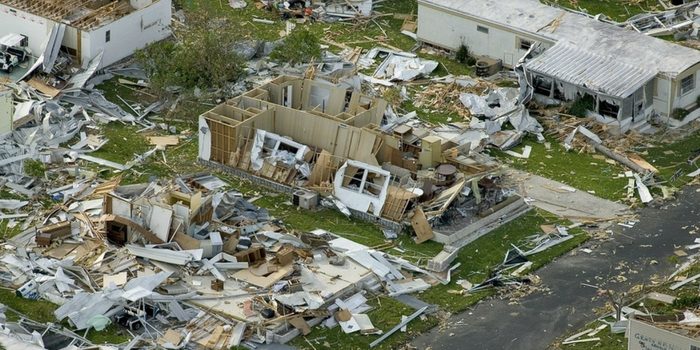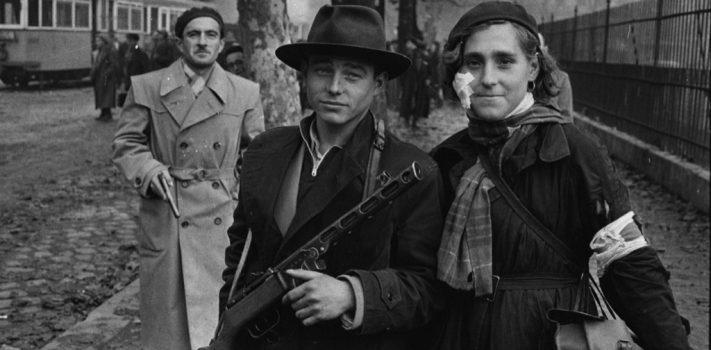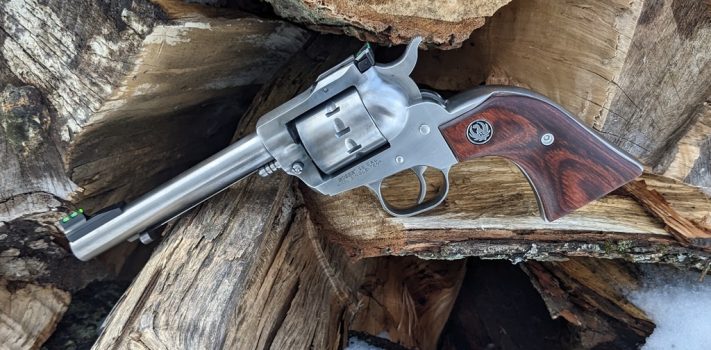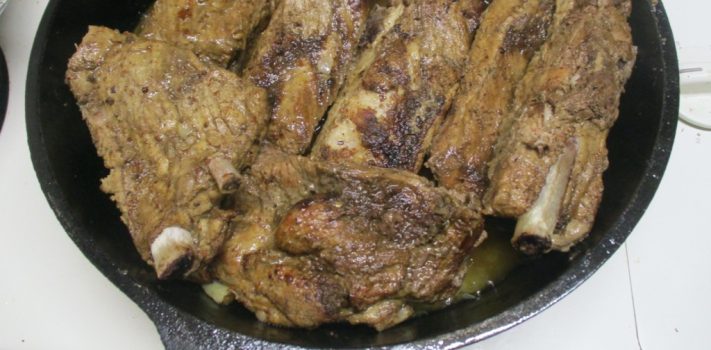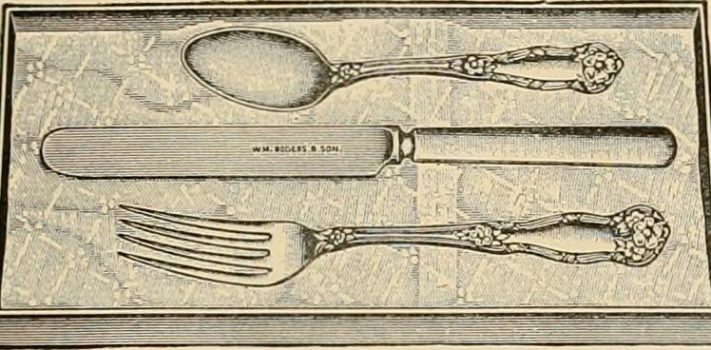What will be missing during the great reconstruction of America after TEOTWAWKI is the knowledge of how to do it. Those wonderful how-tos on YouTube will no longer be available unless people have electricity and they have systematically stored them as offline video files. That will be very few people.
There is an occupation that rarely gets mentioned that will be of immense value: Librarian. With your own library. Books. Books on how to do everything imaginable, starting with the basics. How to grow food and care for livestock, obviously, How to build with stone. How to do carpentry with hand tools, maybe no more than a saw and a hammer. (I once built a storage wall that way – it came out very well, although I didn’t know that six-foot-long shelves needed a central support, so they were a bit saggy.) Making paper, ink, pens, wine, beer, “Everclear” for herbal medications, shoes, clothing, simple machinery, etc.
This is a very good occupation for those who love books and are physically not going to be able to do heavy labor. How to make a living at it? Borrowing fees, such as a dozen eggs or a gallon of milk, with screamingly high fines for not returning irreplaceable books when due – perhaps a cow. No, you will not misplace the book, or forget to bring it back! Classes, where the librarian simply reads the book aloud to the students, who take notes, especially for books too valuable to lend – one pound of vegetables per class, or perhaps firewood. Such as books on gathering and preparing seeds, or anything by Garrigou Lagrange (particularly his classic Three Ages of the Interior Life).
If you gather children’s books, try to get ones that were printed in England, or published before the 1950s, when age-restricted vocabulary became almost universal, and American children were never exposed to intelligent, rich vocabularies. I picked up a copy of Thomas the Train for my little nephew, opened it, and was shocked at the vocabulary level – it was printed in England, not the USA. Victorian children’s books are the best. Did you know that children used to read novels by Dickens? This was normal. And see if you can find a copy of Webster’s blue spelling book. And of course, the Little House series by Laura Wilder. It is a detailed how-to story.
Where to get the books? Vintage semi-antique stores, estate sales, library sales, eBay, flea markets, etc. I picked up a hefty multi-volume set of how-to books from before WW2 at a junk shop. It’s in a box in storage for now. I’m not at all handy, but other people are, and they will need that knowledge. Also, if a zombie motorcycle gang shows up, they aren’t likely to be interested in old books.
You don’t have to be a professional librarian. Given what the library associations are supporting these days, it’s probably better if you aren’t. (p’rn for children, anyone?). What you do need is safe, dry storage space for as many volumes as you can collect. And some way of organizing them.
You may also want to collect boxes of high-quality office paper from one of the big box office supply stores. Paper will quickly become non-existent, and your borrowers/students will need it. Of course you charge for it, by the sheet. You won’t be able to replace your supply either. For now, paper is cheap and storable. Make sure it is acid-free. Most paper made today is acid-free, but check.
You also need a good eye for what might be useful, and be very open-minded about what. Do you actually need to add a book on how to make artists’ oil paints? Not the first year you are trying to stay alive, but that baby your sister just had may be a Michelangelo, and will really, really need it ten years from now. We will be rebuilding a civilization.
JWR Adds: I concur with W.J. about the quite noticeable way that the American vocabulary has contracted. Some of the bonus items that I often include with my Elk Creek Company orders are old, original 1880s and 1890s issues of the children’s newspaper, The Youth’s Companion. To see their reading level, as well as the level at which children wrote in the Victorian era is astounding.
And, at the risk of sounding self-promotional, I recommend the many reference books that are included in our annual waterproof USB archive stick. There is not enough therein to rebuild civilization, but those books and military manuals might prove to be a useful adjunct. The next edition of the archive stick should be available for ordering on or about January 22nd, 2024. Mark your calendar, and watch for the ad in our right-had column.

